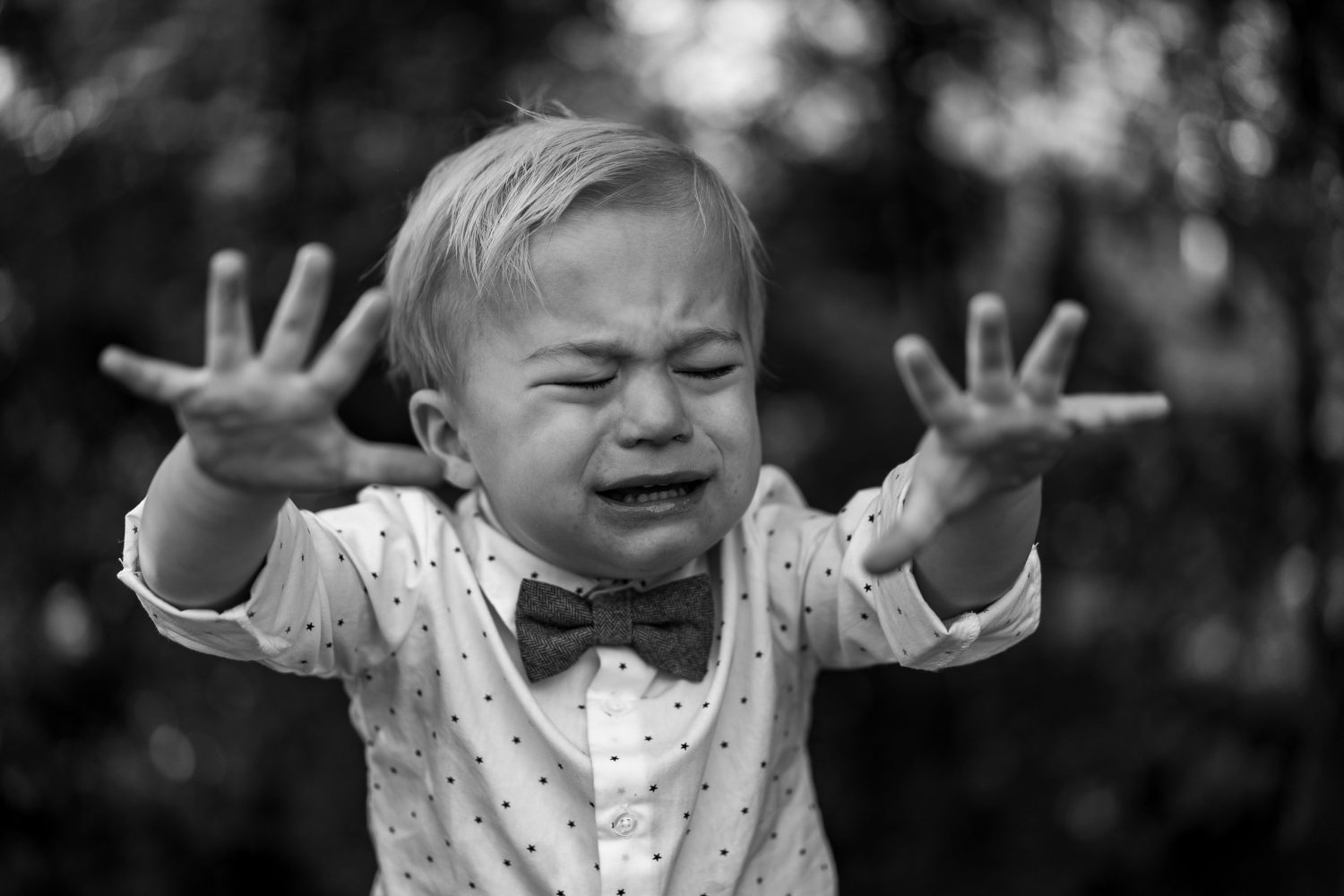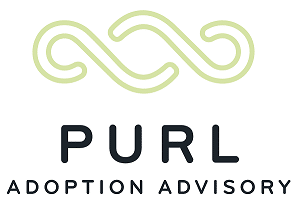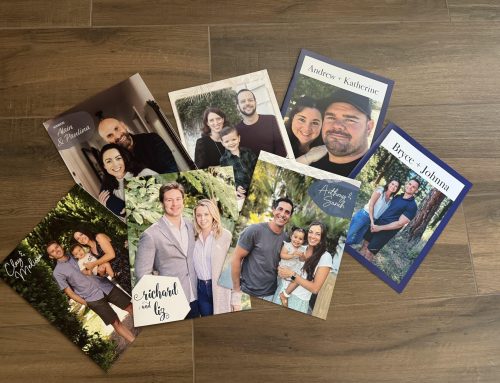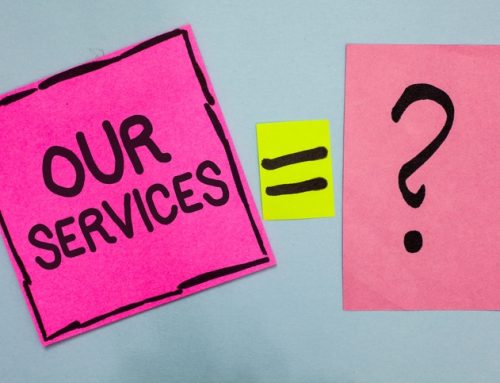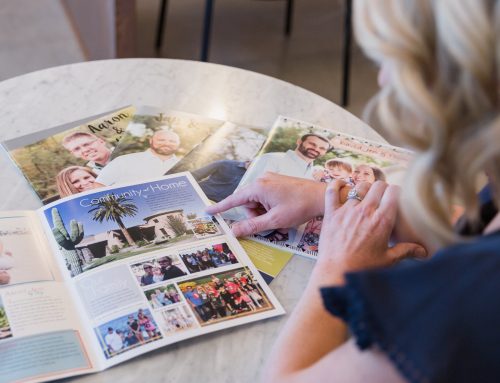We are continuing our series on the “
Things I
Did Wrong” in our own adoptions to help prospective adoptive parents better prepare for their own adoption journeys. In our last two posts, we heard from Adoption Advisors (both also former Purl Families) Aubrey Cortez about
oversharing her adoption story and Kelcie Grace Germano who shared about
saviorism in adoption but once again CEO/Founder is coming back to share more of her
mistakes. This time, she’ll be sharing her
mistakes in choosing infant adoption as a route to grow her family primarily due to the erroneous assumption that domestic infant adoption would not result in trauma to an adoptee, as compared to either adoption from foster care or international adoption.
—
I was not very well prepared to adopt
As I’ve discussed before, I was one of those people who “always wanted to adopt.” I had seen positive adoption experiences (from my perspective anyway) from cousins who were adopted both domestically and internationally and I felt similar to what Kelcie Grace described in her post, I felt good about the idea of adoption (and how that made me feel) and “giving a child a family”. So when my endometriosis proved to be a barrier to getting pregnant easily, I quickly switched my focus to growing my family through adoption. Even before I was married, I had spent hours researching the different ways to adopt, and quickly decided that domestic infant adoption was the best route for me as a single person. That path remained unchanged when I got married and we quickly started our attempts to start a family, particularly when my husband had domestic infant adoptees in his side of the family as well.
Reasons we chose domestic infant adoption
One of the reasons we chose domestic infant adoption was because we believed that it afforded no “trauma” to our future child through adoption, which we believed would exist with some of the other routes to growing our family, either through fostering first and then adopting id the child became available, or pursuing international adoption. We believed, erroneously, that there would be no trauma to an infant placed at birth, and we could easily understand that it would be traumatic for a child who was in multiple homes before ours, or first living in an orphanage before coming to live with us in another country.
As I started my adoption journey, I believed I wanted a semi-open or closed adoption, as that is what I knew from family members’ experiences, and also it frankly seemed much less scary. See more of my discussion on that in
this post. But I quickly educated myself on how openness was better for my child and we opened ourselves up to that, and continue to. During our journey, we began to understand more of how trauma exists even for adoptees adopted at birth. Over time, I have come to understand, and see glimpses in my child, how trauma can exist due to adoption, even if there is never any visible cause of it, there’s been no abuse, neglect and even if a child is in one home from birth.
Trauma can happen in utero, at birth or in a young child
The adoption community is aware of the theory about The Primal Wound (the book linked
here), the idea that trauma occurs within the womb when a child is separated from their biological mother. No matter how you feel about this book, the thoughts in or the research techniques, I feel personally that there is undoubtedly trauma that occurs even in domestic infant adoptees, and that prospective adoptive parents and adoptive parents need to understand it, and learn how best to support their child knowing that this trauma may exist in varying degrees in their child.
An adoptee and mental health professional discusses trauma
Recently, during one of our Purl Family Coaching Calls, we had infant adoptee, LCSW and trauma therapist, Marcella Moslow
@marcellamoslow, speak to our Purl Families about trauma in adoption. She explained that trauma in adoption is subjective (unique to the individual) and “when something really difficult happens and someone’s nervous system doesn’t have the ability to cope with it.” Obviously infants in utero and after birth, and even young children are not equipped to cope with something difficult so early in life, and yet that separation from their biological mother is something difficult and jarring to that child’s nervous system. When that child wasn’t able to cope with that at that age, it can lead to trauma exhibited throughout the child’s life. That trauma looks different at different development stages in the child’s life, but often presents as difficult behaviors or difficulty with trust and attachment.
What I’ve learned about trauma
I personally understood this trauma as my child aged and I realized I needed to parent differently, differently than how my husband and I were parented, due to this trauma. Gentle parenting, or trauma-informed parenting was necessary, rather than a form of strict discipline. As Marcella described in our recent coaching call, she explains that this approach is “responding to the needs of the child” focusing on “connection, regulation and attunement,” rather than strict compliance. Personally, I knew that I needed to more than anything, give my child space to grieve and feel the feelings she had related to her adoption. To make sure she knew that by feeling sad, or feeling grief or loss about her own family separation, would always be heard by me, and she would never have to feel “grateful” to us for having adopted her. That we understand that this trauma is real, and that we are here to help her heal from that trauma.
Trauma can result from many different things, but adoption trauma is less accepted
There are so many different reasons someone (even infants or young children) can feel trauma, it can be from blatant abuse, neglect, or it can be from things like divorce, loss of a close family member, or medical issues (and so many more). So I’m not saying trauma itself is unique in a child. But the difference between adoption and all those other reasons for trauma are that the general public expects that trauma can or may occur for these reasons and is more accepting of it, but for adoption, the general public expects the adoptee to be grateful for the adoption itself and many don’t accept that trauma can occur from it.
Learn from adoptees’ experiences and qualified mental health professionals
There are two adoptees and mental health professionals that I’ve found really helpful in learning more about adoption trauma and how to be a better parent to a child with that potential trauma. Marcella Moslow
@marcellamoslow who I spoke about before, but also Amy Wilkerson of
@growhealblossom.. We have had both come speak to our Purl Families as part of our Purl Family monthly educational coaching call series. We encourage anyone with adopted children to listen and learn from them (and so many other adoptees). This two adoptees and mental health providers even have a podcast that they do together on a variety of topics – Adoptees Dish Podcast
@adopteesdishpodcast. While he isn’t a domestic infant adoptee (we was adopted international), another great resource and mental health provider with some great resources for adoptive parents is Cam Lee Small
@therapyredeemed.
To sum it up
So this post is just a reminder that you will likely make mistakes along your adoption journey, just as I did. But what is most important is doing what you can to adjust or learn from your mistakes. For me, knowing that infant adoption still caused trauma would not have stopped me from adopting. I personally believe there will always be a need for adoption, but it did shift my thinking and help me change my own parenting styles and awareness to better help my child through adoption. Because of my own mistakes, I created Purl, to help clients understand these nuances in adoption and be better prepared than I was. At Purl, we guide families pursuing domestic infant adoption through our advisement packages and through all the resources we provide to our families, including guest speakers like these adoptees and mental health professionals. We hope that if you are thinking of beginning your adoption journey, you learn some of these lessons earlier than we did. We can help guide you through this process so that you are a more prepared and educated adoptive parent before you bring home your child. If you’re interested in beginning your adoption journey this way, please
click here.
